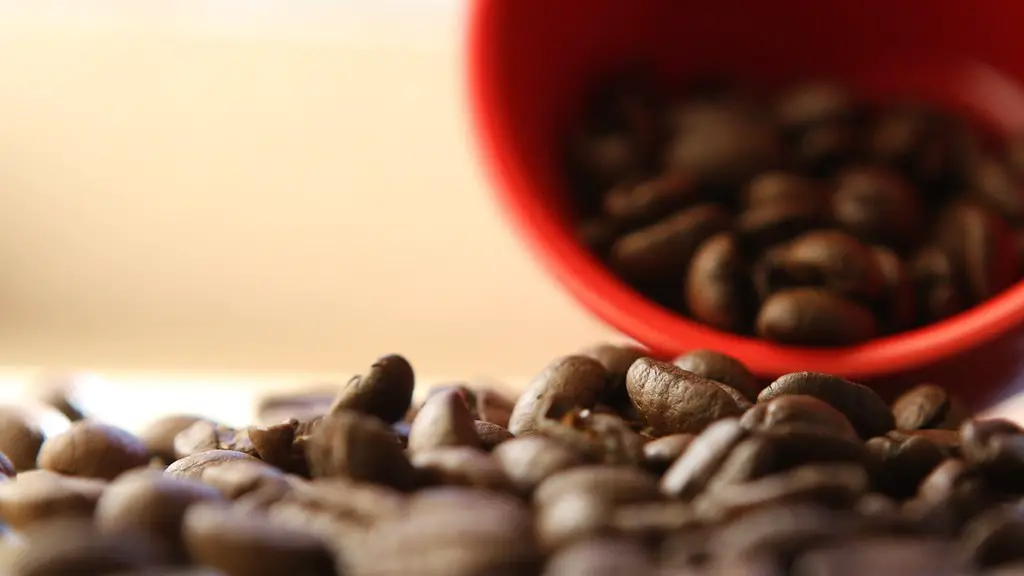It is a commonly asked question – can I drink coffee when undergoing a fasting blood test? The simple answer is yes. Coffee contains minimal calories and will not interfere with the test results. However, the amount of caffeine you intake can make a difference to your blood sugar levels and in some cases, medical advice should be sought.
It is important to be aware that calorie-free ‘energy’ drinks such as coffee, do not break the fast necessary for an accurate test result. This is because although in general terms, coffee consists of caffeine and water, the impact of the molecules which are absorbed in the body are minimal. However, it is wise to stick to fresh or pre-ground coffee rather than pre-made liquid forms, as these tend to be higher in added sugars, sweeteners and other chemicals which may affect your test results.
Whether such drinks interfere with the test results in any way depends on the type and amount of caffeine consumed. This is because it has been noted by experts that drinking too much coffee prior to the test can affect the results. Caffeine has an impact on our body’s blood sugar levels which in turn can affect the test results. This creates the possibility that the results may not be as accurate. It is therefore important to be mindful of how much coffee you are having before the tests. Drinks with low caffeine content such as herbal tea and decaf coffee will generally not disrupt blood sugar levels and can be a safe alternative prior to the test.
If you take regular medication, it is best to seek medical advice prior to the test. This is because some medication such as beta blockers may also cause a disturbance in blood sugar levels. It is therefore advised to ask your doctor or healthcare provider if it is necessary to stop taking them prior to the test results being taken. Doctors may also advocate avoiding strenuous exercise or eating meat and fatty foods the day before the fasting test.
It is essential that the client provide the exact details of what they have consumed prior to the procedure. This helps the clinician understand the full range of potential influence on the results and act accordingly. Ultimately, the rule of thumb is to avoid any calorie containing drink or food, but as a low-calorie option, decaf coffee should not affect a fasting blood test.
The Impact Of Coffee On Blood Sugar Levels
Drinking coffee has been found to have a small effect on blood sugar levels, but this can vary widely depending on the individual. Studies have suggested that the short-term effects on blood sugar levels can depend on several factors such as the person’s tolerance to caffeine and the amount of coffee consumed. For instance, those with already low blood sugar levels may see an even further drop when drinking coffee. Thus it is important to be aware of this effect and how it might affect one’s fasting test results.
Coffee can also reduce the amount of insulin in the body through three separate pathways. Firstly, it increases the release of the neurotransmitter epinephrine, which stimulates the breakdown of fat in the body. Secondly, coffee’s influence on an individual’s metabolism can cause their cells to become more resistant to insulin. Finally, coffee can act as an antioxidant and reduce glucose absorption from the intestine.
All these effects can reduce the amount of glucose taken up by the body, resulting in lower blood sugar levels. Although this effect can be beneficial, it should be carefully monitored. This is especially true for those with pre-existing health conditions such as diabetes, who are more likely to experience a more pronounced drop in blood sugar levels.
It is therefore important for those planning to take a fasting blood test to moderate their caffeine intake prior to the test, or even abstain from coffee altogether. Fortunately, decaffeinated coffee is a suitable alternative, containing only trace amounts of caffeine, and therefore unlikely to affect the results of the test.
The Influence Of Diet On Blood Tests
In addition to avoiding coffee before a blood test, it is also important to regulate one’s diet and abstain from consuming calorie-containing items. This is because blood tests measure the glucose level in the blood and, when taken in a fasting state, are a good indicator of the body’s glucose balance. Eating and drinking calorie-containing items will contribute to the levels seen in the test and could lead to unreliable results.
For instance, it is advised to eat light, healthy meals two days before the test. This will help reduce the risk of inaccurate results due to a spike in blood sugar levels, as these are affected by the amount of carbohydrates and fats in our diet. It is also important to avoid fatty and greasy items such as burgers and pastries as these can still contribute to the levels seen in the test.
Fasting blood tests are also essential for identifying low levels of HDL cholesterol. High levels of cholesterol can increase the risk of coronary heart disease, stroke and high blood pressure, so regulating your dietary intake is essential. The best way to reduce cholesterol in the blood is to reduce the consumption of saturated and trans fats, which are found in foods such as processed meats, dairy products, fried and fast foods.
Protein-rich foods such as beans, legumes and lentils can also be beneficial in keeping cholesterol levels low. Furthermore, consuming plenty of fiber-rich foods such as fruits, vegetables, beans, whole grains and nuts can help reduce LDL cholesterol. Reducing processed sugar is also key, as sugar contributes to a number of health issues and can even lead to an increase in LDL cholesterol.
The Risks Of Fasting Blood Tests
Fasting for any length of time increases the risk of hypoglycemia, or abnormally low levels of glucose in the blood. This happens when the body does not have enough glucose from food to maintain its supply to the brain. Symptoms include sweating, feeling tired and weak, dizziness, and even confusion.
For this reason, it is important to listen to the advice of your doctor and ensure that your regular medication is taken as normal. It is also essential to be aware of any potential risks associated with the fasting test and speak to your doctor if you have any doubts or worries.
Some other risks may include nausea, headaches, lightheadedness and a feeling of hunger. If you are having any of these symptoms prior to the test, it is important to speak to your doctor as they may recommend taking a break or having something to eat prior to the test. It is also best to drink plenty of fluids during the fast, as this will help keep you hydrated and reduce any potential symptoms.
The Pros And Cons Of The Fasting Test
A fasting test can offer an accurate assessment of one’s health, and aid in identifying underlying conditions such as diabetes and heart disease. It is also a simple, cost-effective test and can be done at home. Furthermore, the results are typically ready within 24 hours and can provide valuable insights into one’s health and metabolic processes.
On the downside, fasting for long periods can be uncomfortable, and can cause feelings of nausea and even dizziness for some people. It is therefore important to be aware of the risks associated with the procedure and ensure that any medication is taken as normal. Additionally, fasting tests can sometimes yield false results, due to a number of factors such as a person’s nutritional status and hydration levels.
Acquiring Expert Advice
It is important to consult an expert before any test is carried out, as they can provide guidance and advice. They can also provide explanations as to why it is sometimes necessary to fast prior to a blood test and the risks associated with not doing so. Additionally, they may be able to provide advice on which drinks and foods to consume prior to the test and the best approach for managing the results.
It is also worth noting that a fasting test is generally only effective when taken on an empty stomach. Eating or drinking anything with even trace amounts of calories can heavily influence the results and make it difficult or even impossible to interpret. For this reason, it is important to follow any instructions provided by your doctor.
Concluding Thoughts
Taking a fasting blood test is a simple and cost-effective way to gain insight into one’s current health status. Avoiding calorie-containing drinks such as coffee and decaffeinated options, as well as regulating one’s diet, will help ensure accurate results. It is also important to consult with an expert prior to the test to gain an understanding of the procedure and any potential risks. Overall, taking a fasting blood test can provide invaluable advice on certain health issues, and the simple steps taken to ensure accurate results will be well worth the effort.





